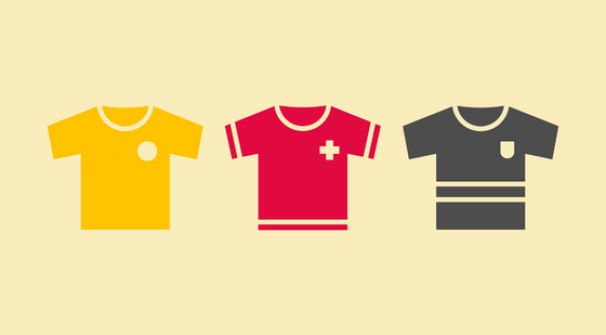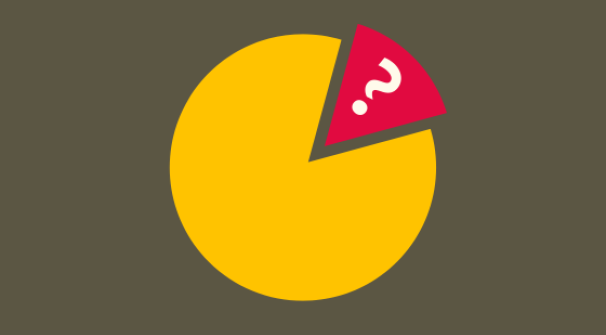Do you have a taxable income of over £50,000?
If you’re responsible for bringing up a child, you can claim Child Benefit at a current rate of £24 per week for your eldest child and £15.90 per week for each additional child. See the UK Government website for full details.
However, if you or your partner have a taxable income over £50,000, some of your Child Benefit will be clawed back under the the High-Income Child Benefit Charge. If you or your partner have a taxable income over £60,000, you will have to pay back all of your Child Benefit.
What has this got to do with charitable giving?
The Child Benefit clawback is calculated on your ‘adjusted net income’. This means your total taxable income (including employment/self-employment earnings, pension income, trading income, property income, interest, dividends, etc) minus certain reliefs such as pension contributions and Gift Aided donations. You can deduct from your adjusted net income the amount of your Gift Aided donations grossed up by the basic rate of income tax. So for every £1 you give, you can deduct £1.25 from your adjusted net income. If this brings your adjusted net income below £60,000, you will be able to keep some of your Child Benefit.
Example 1:
James and Sarah have two children and are entitled to Child Benefit of £24 + 15.90 = £39.90 per week or £2,074.80 per year. However, Sarah earns £60,000 per year (whilst James earns £50,000) and so Sarah has to repay all of the Child Benefit.
After talking to her financial adviser, Sarah decides to give £8,000 per year plus Gift Aid into her Stewardship account. Sarah’s gift of £8,000 reduces her adjusted net income to £50,000, so that she can keep her Child Benefit of £2,074.80. Stewardship can reclaim basic rate Gift Aid of £2,000, so that Sarah now has £10,000 (before Stewardship’s deduction) available to support her favourite causes.
In addition, Sarah can personally reclaim higher rate Gift Aid of a further £1,946, representing the difference between the basic rate reclaimed by Stewardship and the higher rate tax she paid on income above £50,270. So Sarah can make a charitable gift of £10,000 at an effective cost to her of just £3,979.20 after Child Benefit and higher rate Gift Aid relief.
The effective cost of giving is of course even lower if you have more children.
Example 2:
As above, except that James and Sarah have four children and are entitled to Child Benefit of £24 + 3x15.90 = £71.70 per week or £3,728.40 per year. In this example, Sarah’s charitable gift of £10,000 effectively costs her just £2,325.60 after accounting for Child Benefit and higher rate Gift Aid relief.
Changes from 6 April 2024
Next tax year, Child Benefit will increase to £25.60 per week for your eldest child and £16.95 per week for each additional child. The income threshold for starting to claw back Child Benefit will increase to £60,000 and if you or your partner have a taxable income over £80,000, you will have to pay back all of your Child Benefit.
Example 3
Anna is a single parent with taxable income of £80,0000. She makes a charitable gift of £16,000 on which Stewardship reclaims Gift Aid of £4,000 and she can reclaim higher rate Gift Aid of a further £4,000. Her adjusted net income is reduced to £60,000 and so her Child Benefit is restored. This is worth £25.60 + £16.95 = £42.55 per week or £2,212.60 per year if she has two children or £25.60 + 3*£16.95 = £76.45 per week or £3,975.40 per year if she has four children. So Anna’s Stewardship Giving Account is boosted by £20,000 at an effective cost to her of £9,787.40 if she has two children or £8,024.60 if she has four children.
So if you’re faced with repaying some or all of your Child Benefit, the cost of charitable giving might be less than you think.
Use a Giving Account to organise all of your giving
The Stewardship Giving Account makes it easy to keep track of all your giving so that you can quickly find the right numbers for your tax return and ensure you reclaim all of your higher rate Gift Aid.
Stewardship may provide general guidance about charitable giving for information purposes only. We do not offer tax, legal or investment advice and you are encouraged to seek advice from a qualified professional on your specific situation.
Generous Newsletter
Monthly emails for supporters. Inspiration, practical tools and guidance to support the causes you love in more meaningful ways.











